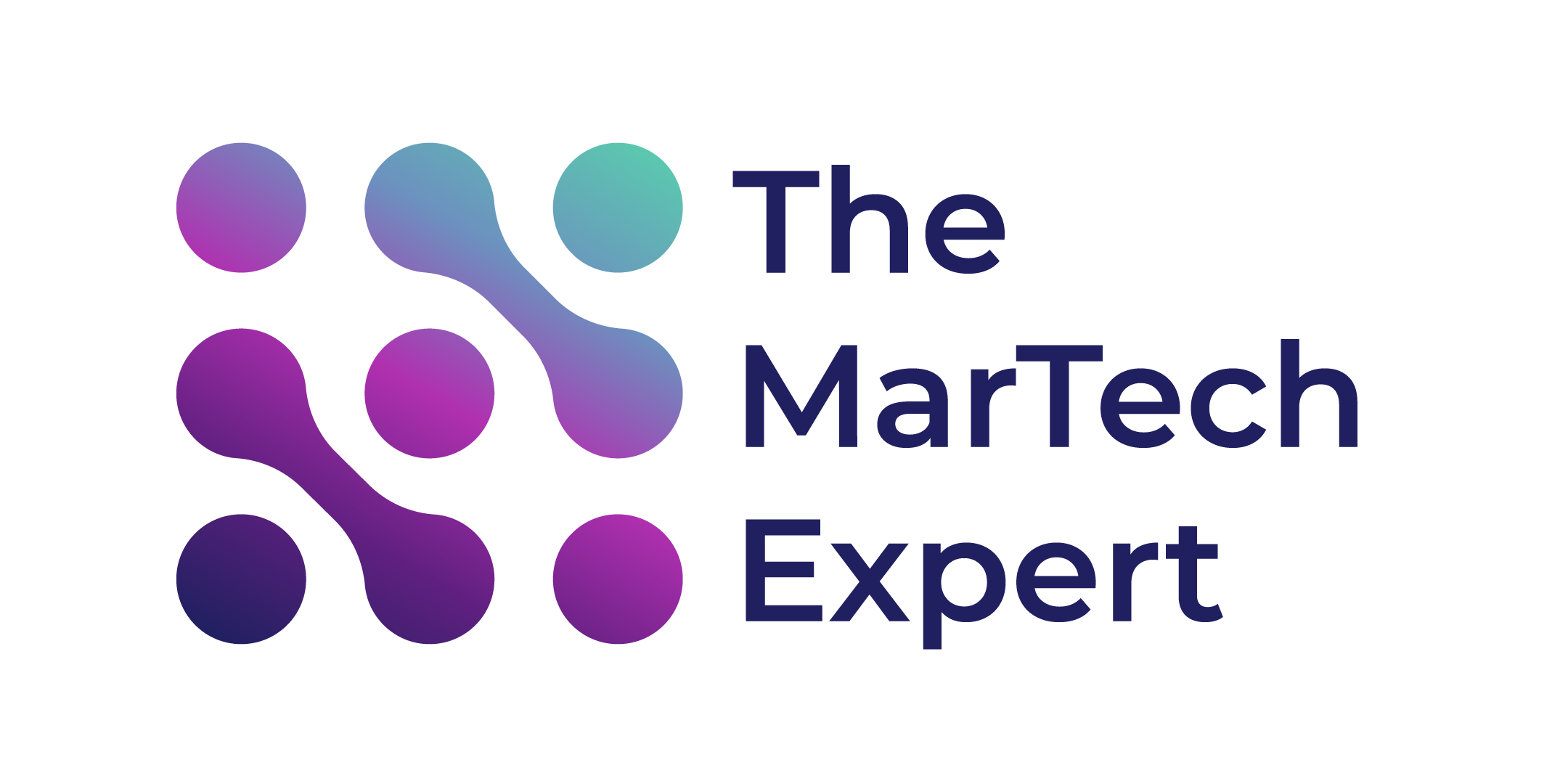As the field of marketing continues to evolve, there is increasing interest in the use of generative artificial intelligence (AI) to enhance creativity and innovation. However, the use of generative AI in marketing raises important ethical concerns that cannot be ignored. In this blog post, we will explore the benefits and risks of using generative AI in marketing, and provide strategies for balancing creativity with ethical responsibility.
The Creative Potential of Generative AI in Marketing:
Generative AI has the potential to transform marketing by providing new avenues for creativity and innovation. Here are some examples of how generative AI can be used in marketing:
1. Generating personalized content for customers based on their preferences.
Generative AI can help marketers generate personalized content for customers that is tailored to their interests and preferences. This can be achieved by using machine learning algorithms to analyze customer data, including their browsing history, purchase history, and demographic information. Based on this data, the generative AI can then create personalized content such as product recommendations, blog posts, or social media ads that are more likely to resonate with the customer. This not only improves the customer experience but also helps marketers improve conversion rates and drive sales.
2. Creating unique and attention-grabbing ad designs that stand out from the competition.
Generative AI can assist marketers in designing ad campaigns that are distinct and captivating, which helps them differentiate their products and services in a crowded market. Machine learning algorithms are utilized to examine consumer behaviors and preferences, as well as industry trends and competitor ads. Based on the findings of the analysis, the generative AI can produce ad designs that are custom-tailored to the target audience and more likely to capture their interest.

3. Developing product names and slogans that resonate with customers on a deeper level.
Generative AI is particularly beneficial in the process of generating product names and slogans. By examining customer data and market trends, generative AI can assist marketers in creating product names and slogans that resonate with customers on a deeper level. This approach not only improves brand recognition but also cultivates a stronger emotional bond with customers.
These are just a few of the ways that generative AI can be used to enhance creativity in marketing. By leveraging the power of generative AI, marketers can create campaigns that are more personalized, engaging, and effective.
However, as with any new technology, there are important ethical considerations that must be taken into account when using generative AI in marketing.
Ethical Considerations of Using Generative AI in Marketing:
While generative AI has the potential to enhance creativity, there are important ethical considerations that must be taken into account. Here are some of the key risks of using generative AI in marketing without ethical considerations:
1. The potential impact on customer privacy and data protection.
One of the most significant ethical concerns associated with the use of generative AI in marketing is the potential impact on customer privacy and data protection. Generative AI relies on vast amounts of customer data to function effectively, and if this data is not collected, stored, and used ethically, it can have serious consequences for customer privacy and data protection.
2. The perpetuation of bias and discrimination.
Another important ethical consideration associated with the use of generative AI in marketing is the potential for bias and discrimination. If generative AI algorithms are trained on biased data sets or if they are not designed to account for certain groups or populations, they may perpetuate existing biases and reinforce discrimination.
3. The lack of transparency and control over how generative AI is being used.
Finally, the lack of transparency and control over how generative AI is being used is another important ethical concern associated with the use of this technology in marketing. Customers may be unaware of how their data is being collected and used, and they may not have control over how their data is being used to target them with advertising or other marketing messages.
Balancing Creativity with Ethical Responsibility:
To ensure that the use of generative AI in marketing is both effective and ethical, marketers must prioritize ethical considerations in their campaigns. Here are some best practices for using generative AI in an ethical way:
1. Invest in training and education for marketers to prioritize ethical considerations.
Marketers who are trained to prioritize ethical considerations are more likely to create campaigns that are both innovative and ethical. Investing in training and education for marketers can help to ensure that ethical considerations are given the same priority as creativity and innovation.
2. Involve diverse stakeholders in the development and deployment of generative AI systems.
It is essential that a diverse range of stakeholders are involved in the development and deployment of generative AI systems. This includes representatives from different cultural and social groups, as well as experts in ethics and data privacy.
3. Regularly audit generative AI systems to identify and correct any ethical concerns.
Regular audits of generative AI systems can help to identify and correct any ethical concerns that may arise. These audits should be conducted by independent third-party experts who have expertise in both marketing and ethics.
4. Be transparent with customers about how their data is being collected and used.
To build trust with customers, marketers must be transparent about how their data is being collected and used. This means providing clear and concise explanations of how generative AI is being used in marketing campaigns, as well as providing customers with options to opt-out of data collection if they choose to do so.
Conclusion:
Generative AI has the potential to transform marketing by providing new avenues for creativity and innovation. However, it is essential that marketers prioritize ethical considerations in their campaigns to ensure that the use of generative AI is both effective and ethical. By investing in training and education, involving diverse stakeholders, regularly auditing generative AI systems, being transparent with customers, and designing generative AI algorithms to account for bias and discrimination, marketers can create campaigns that are both innovative and ethical. Ultimately, it is up to marketers to strike a balance between creativity and ethical responsibility when using generative AI in marketing.
Samaher is a MarTech professional with a strong background in marketing data analytics, marketing automation, email marketing, and paid ads. She has successfully helped companies such as Advyteam, Acredius, and Keyrus achieve their marketing goals through her analytical approach and strategic thinking.














